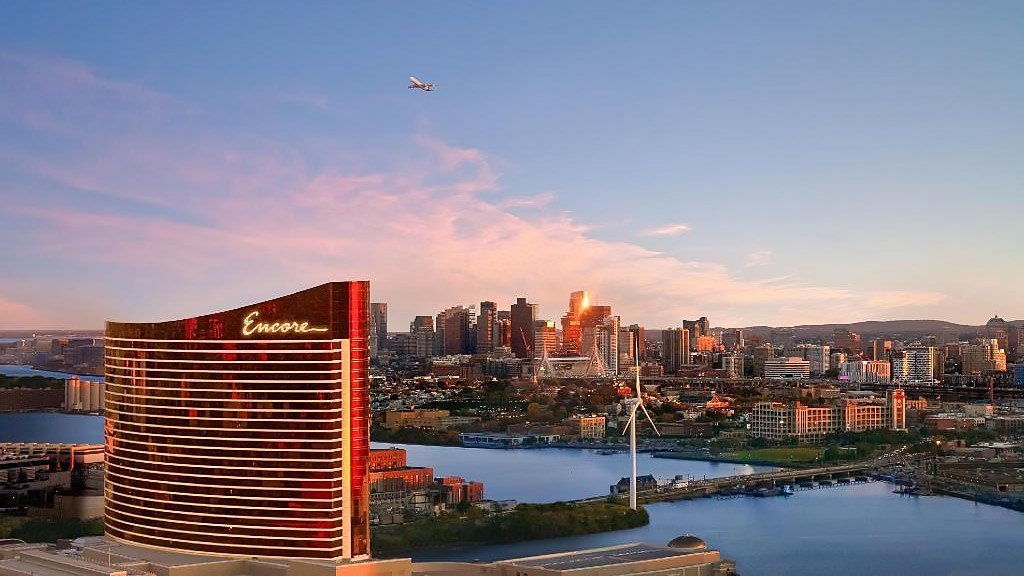Casino agency recommends renewing Tropicana license for only one year

The recommendation by the Division of Gaming Enforcement will be considered by the New Jersey Casino Control Commission when it meets December 12 to make a final ruling on Tropicana’s license and the suitability of Columbia Sussex and CEO William J. Yung III as owners.
In closing arguments, the division’s acting director, Yvonne G. Maher, said Tropicana has not met the standard of a "first-class facility" as required by New Jersey casino law.
She contended that Yung and his company were ill-prepared to jump into the country’s second-largest gaming market when they acquired the Tropicana in January as part of a
us$ 2.75 billion acquisition of casino operator Aztar Corp.
"There’s an old saying, ’Never bite off more than you can chew,’" Maher said. "That sums up what happened here. Bill Yung bit off more than he could chew with the Aztar purchase and everything that came with it, including the Tropicana Atlantic City."
In urging only a one-year license - instead of a full, five-year term - Maher’s agency asked the Casino Control Commission to impose 26 requirements that Tropicana would have to satisfy. Among them, Tropicana would have to provide New Jersey regulators with advance notice of proposed layoffs, disclose any of the company’s gaming violations in other states, report details of its debt agreements and maintain an independent audit committee.
Yung and Kentucky-based Columbia Sussex have come under withering criticism for making hundreds of layoffs that labor leaders claim left Tropicana dirty, understaffed and unable to compete with other casinos.
Local 54 of Unite-Here, the city’s largest casino union, called on the commission to deny the license and place Tropicana under the control of a state-appointed conservator. A conservator would trigger a sale, as was the case in 1989 when the commission denied a license to the financially ailing Atlantis Casino Hotel.
Regina C. Hertzig, the union’s attorney, argued that Tropicana’s mass layoffs seriously harmed the casino and were tantamount to "suicide." She noted that Tropicana has been shadowed by customer complaints of bedbugs, roaches, overflowing toilets and filthy rooms in the wake of about 900 job cuts.
"If the Tropicana wants to commit suicide, so be it," Hertzig said. "A filthy and understaffed facility that prompts a flood of complaints from steady customers should not be considered a first-class facility."
Paul M. O’Gara, Tropicana’s attorney, acknowledged that Yung and his company made some early mistakes, but maintained that the casino has since overcome any problems, including complaints about its cleanliness. Tropicana executives blamed alleged acts of employee vandalism and a mass sickout by the cleaning staff for unsanitary conditions that prompted customer complaints introduced as evidence in the licensing hearing.
"This property is undoubtedly clean," O’Gara said. "In fact, the problem has been addressed." He said Columbia Sussex has made every effort to comply with New Jersey’s casino regulations and demonstrated the competence, character and financial stability required for a new license.
Tropicana is seeking a five-year license. Afterward, O’Gara told reporters that Tropicana disagreed with the Division of Gaming Enforcement’s recommendation for only one year."Clearly, we would prefer to have a longer license," he said.
Yung was absent when the division made its recommendation. Previously, he had attended every day of two weeks of hearings on Tropicana’s license and testified on two of those days. O’Gara said Yung had other company commitments Tuesday.
Yung’s holdings consist of 14 casinos in the United States and the Caribbean, including the flagship Tropicana properties in Atlantic City and Las Vegas. The Atlantic City casino accounts for about half of the company’s revenue.
Speculation has mounted that the bruising relicensing battle in New Jersey might prompt Yung to consider selling the Atlantic City casino. However, O’Gara dismissed any talk of a sale.
Equally important to Tropicana’s relicensing is whether the Casino Control Commission approves Yung and Columbia Sussex as suitable owners. If not, an overseer would take charge until a new buyer is found.
The commission’s options include approving the license for five years or for a shorter term, denying it, or granting the license but finding Yung and his company unacceptable as owners. Tropicana must receive at least four affirmative votes from the five-member commission for a new license.
The Atlantis case was the only time in Atlantic City’s 29-year history of casino gambling that regulators refused to grant a new license. A conservator ran the property for six weeks before the casino was shut down May 22, 1989, and later purchased by Donald Trump as a hotel.

















